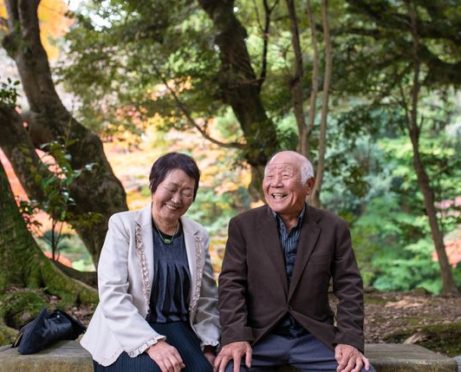
I recently attended two programs about COVID-19, one by a large investment company about the pandemic’s financial impacts and the second by a hospice educator at a local adult education center about its social and emotional impacts. Though the two programs were entirely different in their content, they had one thing in common.
Both programs stressed the importance of controlling what you can.
With finances, this can be done by monitoring spending and diversifying investments. Controllable lifestyle actions include physical activity and grieving losses.
Below are my 10 key takeaways from these two programs:
COVID-19 Impacts Will Linger
The investment firm predicted that financial impacts from the pandemic may not be behind us until fourth quarter 2021. The speed of economic recovery will depend on the speed of vaccinations and herd immunity and “fear factors” (i.e., when people start to feel comfortable going out again).
Long-Term Scarring Is Evident
There will soon be millions of people who have been out of work for more than a year as well as companies out of business, and empty offices impacting commercial real estate markets. Pandemics are local, as well as global, and recoveries will be different in different parts of the country.
Unknown Risks Are Part of Investing
Unforeseeable events are a fact of life. COVID-19 was a big one. Investment diversification is the best defense against unknown risks. Experts recommend holding some stock and “riding out” market downturns. If you are not in the equity market, you risk loss of purchasing power in bonds and cash assets.
Many People Feel Helpless and Frustrated
COVID-19 upended Americans’ lives and schedules. Several program participants said they felt like “hamsters on a treadmill,” on a continuous merry-go-round, or that every day felt like Groundhog Day, the 1993 film where characters get trapped in an endless time loop. Know that you are not alone.
Healing Starts by Identifying Losses
Class participants were asked to write down the number (and types) of losses they thought they experienced as a result of living with COVID-19. I wrote down five. Then we were given a worksheet developed by Opus Peace with a list of 50 losses grouped into five categories (see below).
When asked if their “number” increased after completing the worksheet, every hand in the class went up. We all lost more than we originally thought.
Physical Losses: Includes loss of physical health, energy, sound sleep, income, housing, and independence.
Professional Losses: Includes loss of teamwork among colleagues, social interaction, and personal space.
Mental Losses: Includes loss of brain capacity, routine, ability to make decisions, and a sense of normalcy.
Spiritual Losses: Includes loss of role in life, beliefs, innocence, spirit/vitality, and ability to feel gratitude.
Emotional Losses: Includes loss of self-esteem, stability/certainty, social interaction, and planned future.
Americans Experienced a STUG
As a result of COVID-19, we all experienced fear, fatigue, and a Sudden Temporary Upsurge in Grief (STUG).
Research indicates that “those who grieve well, heal well” and that “you can’t heal what you don’t feel.”
According to Opus Peace, “hope begins when we grieve the losses we have experienced.”
“Numbing” Is a Frequent Response
People often try to “numb” themselves in stressful times. Numbing agents include shopping, alcohol, drugs, work-work-work, TV, video games, doing too much for others, stoicism, and staying busy. The problem with numbing agents is that people do not address their losses and grieve.
Movement and Action Are Powerful
There are ways to address the fatigue, fear, helplessness, chaos, and anger resulting from COVID-19. These include singing, drawing, dancing, exercising, and writing. It is also OK to cry. Crying is healing. Don’t be a passive bystander and get squeezed out of your own life by the pandemic.
Recognize the good things that happen even if they are not what you planned.
It is possible to experience peace and pain at the same time.
Gratitude Helps People Heal
Research has shown that gratitude is powerful. It has been shown to improve physical and mental health, improve relationships, and even help people sleep better. One often-overlooked group of people to be grateful for is people who have lost their jobs. They have paid a terrible price to keep the rest of us safe.
Words Matter
Poor phrase choices to use with family, friends, clients, and students include “just get over it,” “suck it up,” “it is what it is,” and “just stay positive” or to scold them for their anger or despair. A much more caring and effective approach to helping them cope with COVID fatigue is to say something like “tell me how you are hurting right now and how I can help?”




